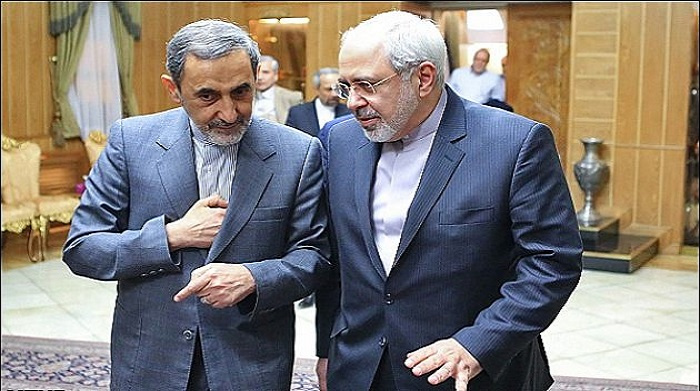Were Resolution 598 Negotiations More Difficult than Nuclear Talks?

A comparison between the difficulties of Resolution 598 to end the Iran-Iraq War and the nuclear negotiations to achieve a comprehensive agreement and end sanctions and military threats was first made in the 2013 presidential debates. It seems that two basic issues were the most important reasons behind bringing this issue up in the presidential debates which affected the votes of the people and the election of the new president:
1- Significance of the nuclear issue considering the consequences of the economic sanctions
2- Necessity of reaching an agreement in order to overcome the political and economic crises caused by the continuation of the nuclear dispute
One of Iran’s most important historical experiences following the victory of the Islamic Revolution, besides the resolution of the hostage-taking of the US citizens in 1979, was Resolution 598 in 1988. This comparison was made by Dr. Velayati who was one of the presidential candidates in 2013. Later, in parallel with the progress made in the nuclear negotiations and reaching the primary agreements including the Lausanne Statement in April 2015, Dr. Zarif also compared the nuclear negotiations with negotiations which led to the adoption of UN Resolution 598. Thus, there is the question of which one was more complex and difficult.
This question is responded to on this basis that the common point between the nuclear negotiations and Resolution 598 is the existence of a crisis in the major issues of the country for the resolution of which there is a consensus at the highest political level and the society. It means that the necessity of bypassing the crisis through negotiations and reaching an agreement is accepted. On this basis, the following response is founded on a comparative study of historical conditions and situations:
1. While Iran had the upper hand against Iraq and following its victory in Faav and eastern Basra, Resolution 598 was adopted to end the war in 1987. This was while Iran accepted this resolution after the change that was made in the military balance and losing the captured regions in Iraq. Therefore, although Iran was under critical conditions, it was negotiating within the framework of Resolution 598 which was previously adopted and concessions were given to Iran. But regarding the nuclear negotiations, Iran is under the pressure of sanctions and this leverage is used to reduce the concessions given to Iran. In fact, attempts to reach an agreement are made simultaneously with the pressures exerted by sanctions. The present trend limits Iran’s options in negotiations and reaching a final deal.
2. In the Iran-Iraq War and before the adoption of Resolution 598, no other resolution was adopted which would give concessions to Iran. This was while in Resolution 598, the official position of Iran was “neither reject nor accept” the resolution but rather negotiate to change the items of the resolution. Thus, in the trend of negotiations, the main issue was how to gain Iran’s trust to accept the resolution and Iran also made attempts to gain more concessions due to its military upper hand. But in the nuclear negotiations, there was suspension in 2003 but Iran ignored it due to the obstacles which were created by the western party. Therefore, confidence-building between the two parties is the major challenge which has cast a shadow over negotiations and prevents their progress.
3. In the Iran-Iraq War, the concern about the consequences of this war on the region had caused regional countries to insist on ending the war. This is while at the present time the countries of the region exert pressure on the P5+1 countries, particularly the US, to prevent the nuclear agreement. They have even exerted pressure on Russia and China.
4. Following the acceptance of Resolution 598 by Iran, the Foreign Minister of the time was in charge of the negotiations by the order of Imam Khomeini and nobody could intervene and negotiators were supported. But in the nuclear negotiations, despite the repeated support and approval of the Supreme Leader of the negotiating team, the Foreign Minister is accused of treason while he is under the most difficult conditions of negotiations!!
With these explanations, the answer to the question of whether the negotiations of Resolution 598 were more difficult or the nuclear negotiations becomes clear.
The nuclear issue is one of the most important cases in the history of the Islamic Republic of Iran, the continuation of which would be dangerous and the resolution of which would indicate the power of the Islamic Republic to bypass this crisis. Hence, on the basis of the existing consensus in the political structure of the country and the society for a nuclear deal, the grounds for the achievement of a proper and sustainable agreement must be prepared with “national support”. There is always time for political disputes! But the historical destiny of a society will be determined at a historic time.

